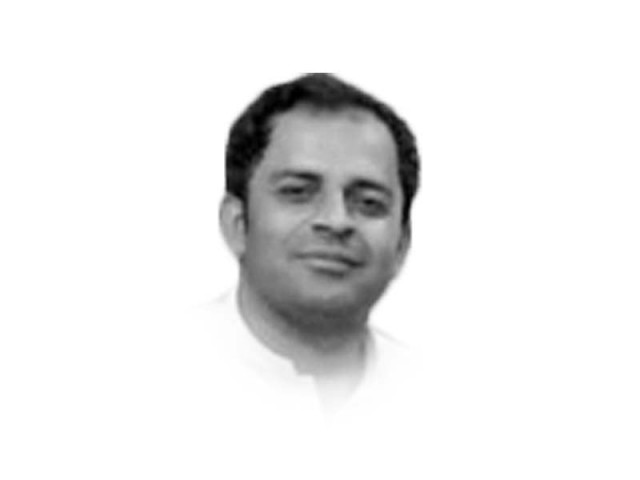Teacher: the architect of society
Their influence extends beyond classroom, considerably affecting socioeconomic, political and personal development

Human life and knowledge have a reciprocal influence on each other: the former creates and consumes the latter, while the latter provides a functional basis for human life. For millennia, the limitations of knowledge constrained human life to key areas critical for survival. The lives of the earliest foraging bands and pastoralist societies, for instance, centred around protection and sustenance. However, as people and societies began to understand their surroundings, the quest for obtaining and consuming knowledge increased. This quest evolved several tools for acquiring knowledge, including sensory perceptions, reason, intuition, imagination, revelation, personal life experience and empiricism, and broadened the scope of life. The dimensions of life, therefore, expand with the proportion of knowledge humans generate, disseminate and consume.
However, owing to the non-contiguous nature of knowledge, its availability guarantees no good unless it is delivered. The utilisation demands transmission and internalisation of knowledge through systematic pedagogical practices. Though time, trials and experiences teach us, they first cut us to the bone before serving this purpose. Teachers shoulder this dignified and sacred responsibility of being the architects of society.
Teachers serve as key actors in influencing society by imparting knowledge, unlocking intellectual potential, inculcating ethical norms and fostering emotional development in students. Their influence extends beyond the classroom, considerably affecting socioeconomic, political, ideological, technological and personal development and the social fabric. In doing so, they serve as alchemists, character builders, levelers, guides and originators of all professions.
First, as alchemists, teachers unlock intellectual faculties and transform crude potential into refined wisdom. Far from textbooks, this transformation equips students with life skills crucial for smooth sailing — livelihood, reasoning, critical thinking and a sense of responsibility.
Second, teachers play a central role in the character-building of a nation. As sculptors, they help shape pupils by creating ethical confines within them, enculturating pupils along established moral norms and ethical principles, thus shaping society’s character.
Third, teachers serve as important inspirations for students, laying the foundation of society by imparting lessons and inspiring students to tread the never-ending road to learning in life. Far from being confined to classroom interactions, a teacher’s inspirational role influences students’ career choices, personality development and contributions to socioeconomic development.
Fourth, as guides and mentors, teachers steer our clueless lives on the productive path to prosperity and personal development. Without their guidance, we would have been stranded in the uncharted realms of misfortune and nothingness.
Fifth, teachers serve as agents of social harmony. As leaders of the classroom, they cultivate an inclusive culture of socialisation in the nascent stage of the learning process among students. This equality among students of diverse socioeconomic and ethnic backgrounds manifested in academic settings impacts society’s nature in the long run. This way, teachers lay the foundation of an inclusive, equal and harmonious societal fabric.
Last but not least, as the mother of all professions, teaching stands out as the most dignified and sacred profession of all times. It produces professionals of all types who contribute to the social, political, economic, intellectual, technological and ideological aspects of a country. Therefore, a single day hardly suffices to pay tribute to teachers; every day is a Teacher’s Day.
It would be sheer injustice from my end if I failed to mention and express acknowledgment to worthy teachers who taught me. Sir Sher Muhammad Bangwar (my father), Sir Rahamtullah Malik, Sir Ghulam Ali, Sir Hemant Kumar Arya, Sir Ghulam Muhammad Pathan, Sir Abdul Haleem Khoso, Sir Ali Gul Shah Jillani, Sir Shahid Hussain Mirani, Sir Saadullah Khoso, Sir Ranjeet Kumar, among others, are the ones I struggle to find words that could aptly pay gratitude to for their contributions that brought me to this humble far.
Published in The Express Tribune, October 8th, 2023.
Like Opinion & Editorial on Facebook, follow @ETOpEd on Twitter to receive all updates on all our daily pieces.














COMMENTS
Comments are moderated and generally will be posted if they are on-topic and not abusive.
For more information, please see our Comments FAQ